Elevate your preparation for adult health nursing exams with this all-encompassing study guide, expertly crafted for nursing students and healthcare professionals aiming for excellence. This comprehensive resource features a robust collection of essential practice questions that cover critical adult health topics, including cardiovascular, respiratory, neurological, endocrine, and musculoskeletal systems, as well as patient care and health promotion. Each question is paired with expert answers and detailed explanations, fostering deep understanding, enhancing clinical reasoning, and refining test-taking skills. Designed to align with current nursing curricula and certification standards, this guide integrates evidence-based practices and includes an in-depth study guide with content reviews, alongside strategic tips for time management and tackling complex scenarios. Ideal for those preparing for ATI, NCLEX, or other adult health exams, this resource is an indispensable tool for achieving nursing success and advancing in healthcare careers.
Preview
A nurse is monitoring a client who is taking spironolactone for the treatment of
hypertension. Which findings denote adverse effects of the medication? Select all that
apply. – – correct ans- -Tall T waves
Prolonged PR interval
Hyperactive bowel sounds
Rationale: Spironolactone is a potassium-sparing diuretic. Potassium-sparing diuretics can
cause hyperkalemia. Cardiovascular manifestations of hyperkalemia include tall T waves,
widened QRS complexes, prolonged PR intervals, and flat P waves. Other cardiovascular
manifestations include an irregular heart rate, decreased blood pressure, and ectopic
heartbeats. Muscle twitches occur in hyperkalemia. Hyperactive bowel sounds and
diarrhea also occur in hyperkalemia. Constipation, hyporeflexia, and shallow respirations
are signs of hypokalemia.
A nurse is providing dietary instructions to a client with chronic obstructive pulmonary
disease (COPD) who is experiencing a loss of appetite and complains of feeling “too full to
eat.” What does the nurse encourage the client to do? Select all that apply. – – correct ans-
Avoid drinking fluids before and during meals
Select foods that are easy to chew and are not gas forming
Rationale: COPD is a progressive and irreversible condition characterized by diminished
inspiratory and expiratory capacity of the lungs. Instruct the client who complains of feeling
too full to eat, to avoid drinking fluids before and during the meal. Dry foods such as
crackers stimulate coughing; foods such as milk and chocolate may increase the thickness
of saliva and secretions. Cheese is constipating and should also be avoided by the client.
The nurse should also teach the client about foods that are easy to chew and do not
encourage the formation of gas; for this reason, broccoli, which is a gas-forming food,
should be avoided.
A tuberculin skin test (TST) is administered to a client with a diagnosis of HIV infection.
Forty-eight hours after administration, the nurse checks the test site (see image). – – correct
ans- -Positive
Rationale: The tuberculin, or TST, test is a reliable determinant of tuberculosis (TB)
infection. A reaction measuring 5 mm or more in diameter is considered positive in a client
with HIV infection. A reaction measuring 10 mm or more in diameter is considered positive
in a non-immunosuppressed client. In this instance, the area of induration measures 9
mm, indicating a positive reaction. A positive reaction does not mean that active disease is
present, but it does indicate exposure to TB or the presence of inactive (dormant) disease.
hypertension. Which findings denote adverse effects of the medication? Select all that
apply. – – correct ans- -Tall T waves
Prolonged PR interval
Hyperactive bowel sounds
Rationale: Spironolactone is a potassium-sparing diuretic. Potassium-sparing diuretics can
cause hyperkalemia. Cardiovascular manifestations of hyperkalemia include tall T waves,
widened QRS complexes, prolonged PR intervals, and flat P waves. Other cardiovascular
manifestations include an irregular heart rate, decreased blood pressure, and ectopic
heartbeats. Muscle twitches occur in hyperkalemia. Hyperactive bowel sounds and
diarrhea also occur in hyperkalemia. Constipation, hyporeflexia, and shallow respirations
are signs of hypokalemia.
A nurse is providing dietary instructions to a client with chronic obstructive pulmonary
disease (COPD) who is experiencing a loss of appetite and complains of feeling “too full to
eat.” What does the nurse encourage the client to do? Select all that apply. – – correct ans-
Avoid drinking fluids before and during meals
Select foods that are easy to chew and are not gas forming
Rationale: COPD is a progressive and irreversible condition characterized by diminished
inspiratory and expiratory capacity of the lungs. Instruct the client who complains of feeling
too full to eat, to avoid drinking fluids before and during the meal. Dry foods such as
crackers stimulate coughing; foods such as milk and chocolate may increase the thickness
of saliva and secretions. Cheese is constipating and should also be avoided by the client.
The nurse should also teach the client about foods that are easy to chew and do not
encourage the formation of gas; for this reason, broccoli, which is a gas-forming food,
should be avoided.
A tuberculin skin test (TST) is administered to a client with a diagnosis of HIV infection.
Forty-eight hours after administration, the nurse checks the test site (see image). – – correct
ans- -Positive
Rationale: The tuberculin, or TST, test is a reliable determinant of tuberculosis (TB)
infection. A reaction measuring 5 mm or more in diameter is considered positive in a client
with HIV infection. A reaction measuring 10 mm or more in diameter is considered positive
in a non-immunosuppressed client. In this instance, the area of induration measures 9
mm, indicating a positive reaction. A positive reaction does not mean that active disease is
present, but it does indicate exposure to TB or the presence of inactive (dormant) disease.




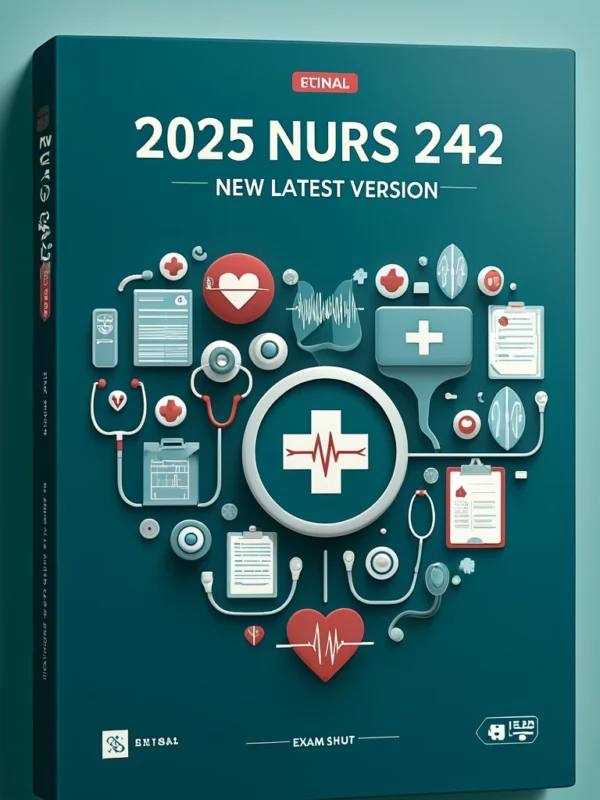
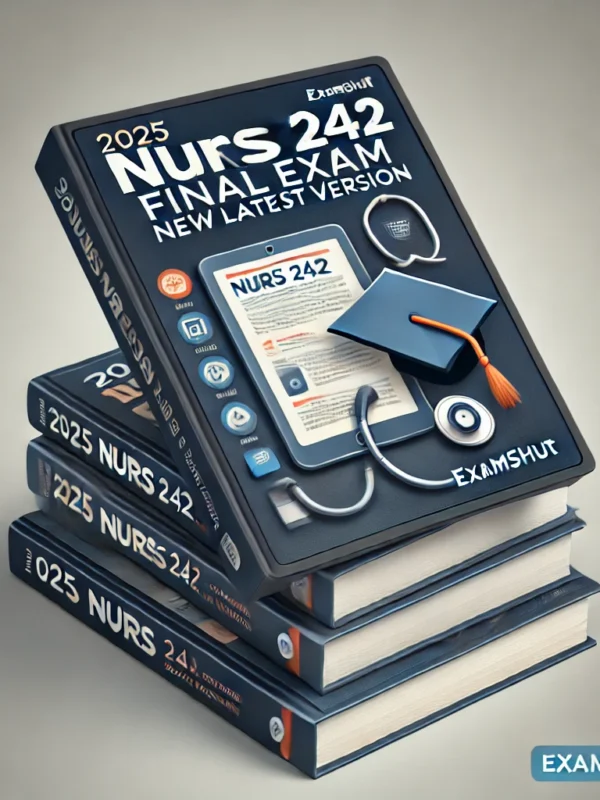
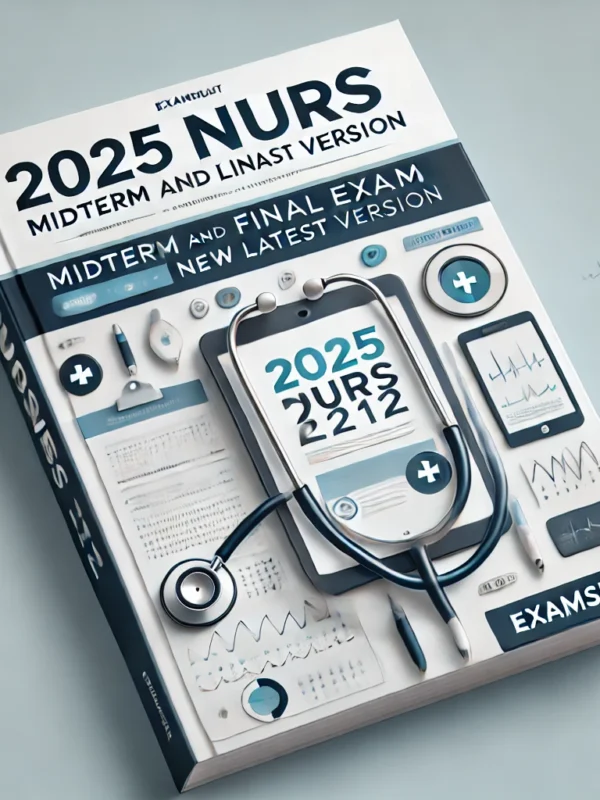
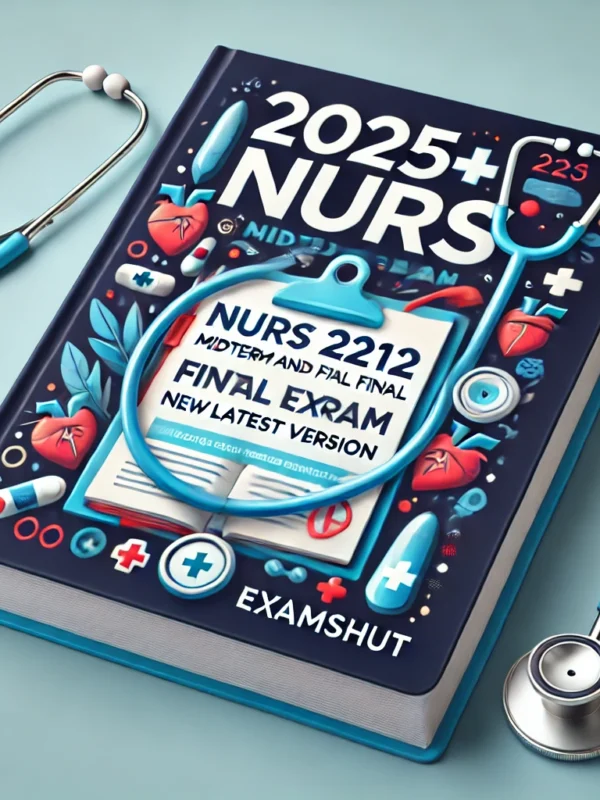
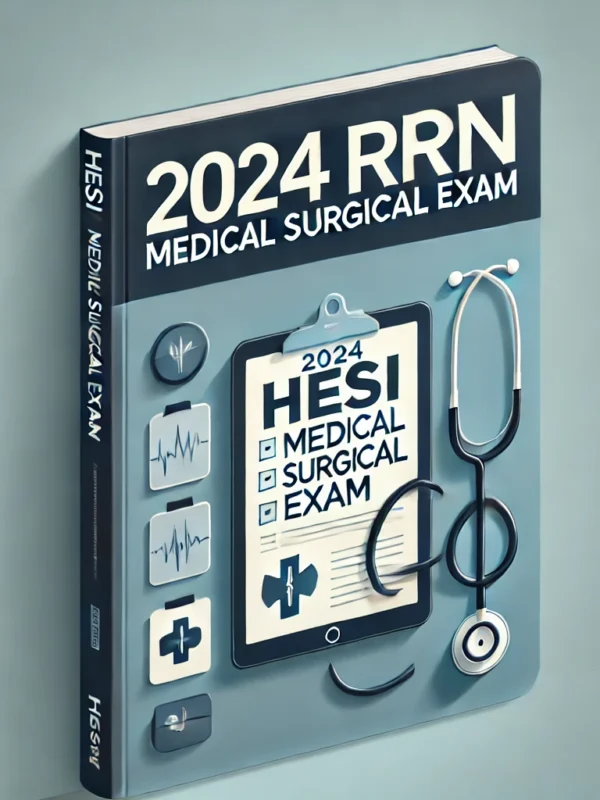
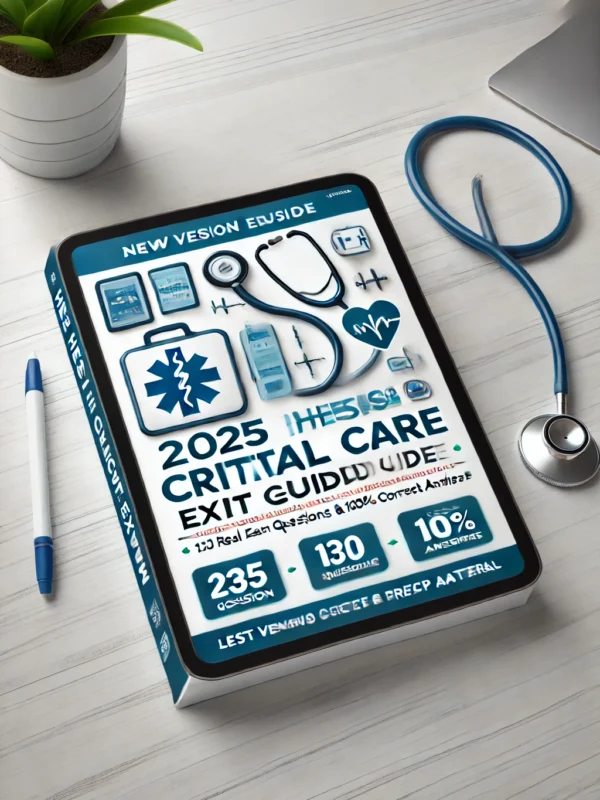
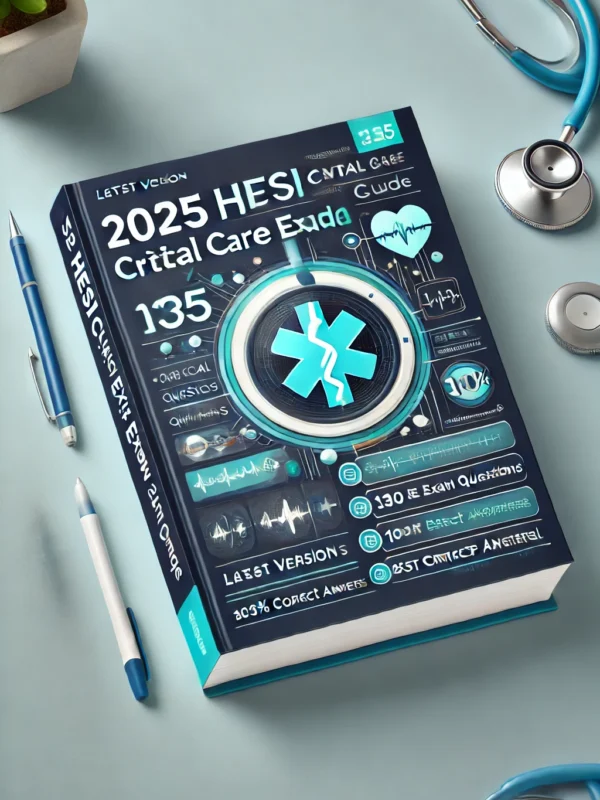
Reviews
There are no reviews yet.